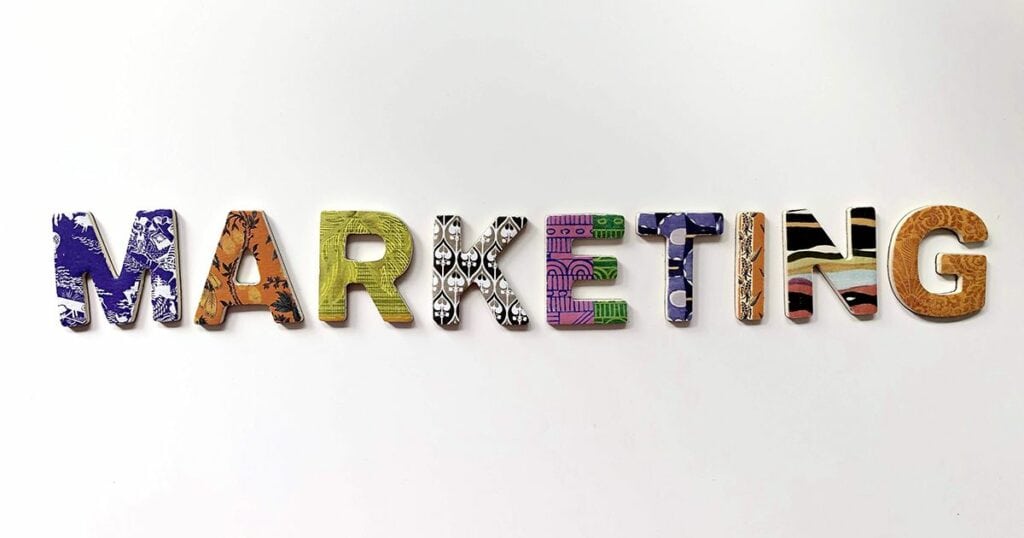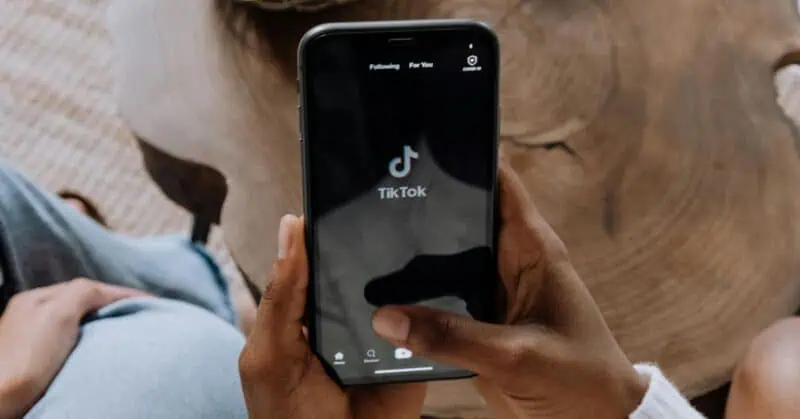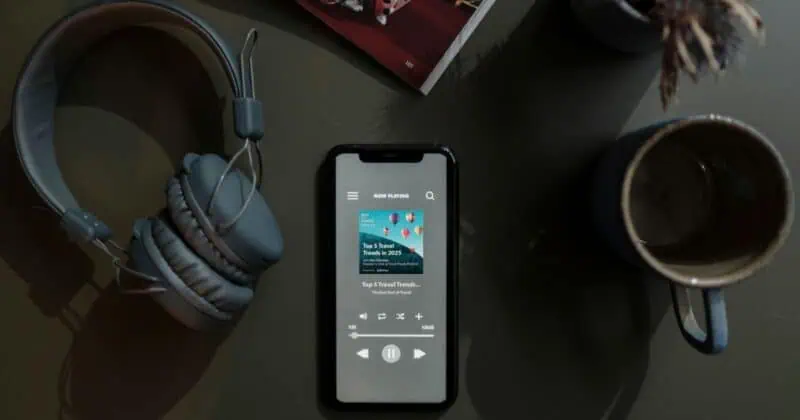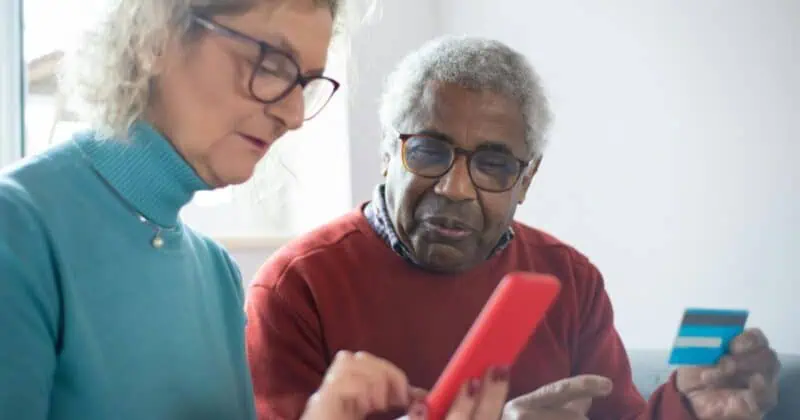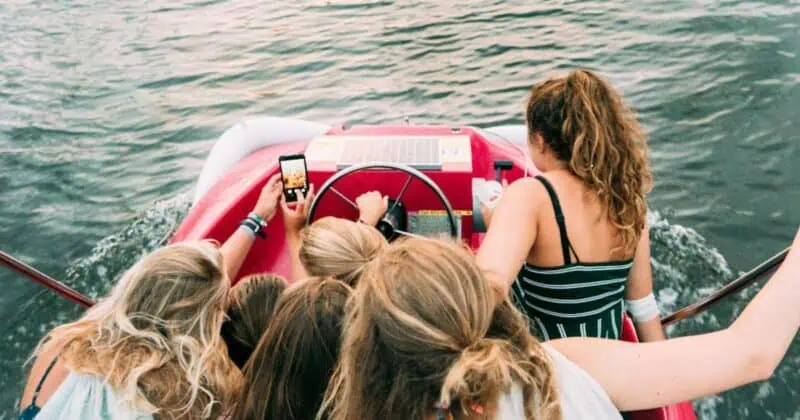If you build it, they will come, as the adage goes. But in today’s digital age, where anyone can build anything and put it online in moments, the question becomes: how will they find — and choose — you?
In the dynamic world of tourism experiences, the key to attracting travelers lies in successfully marketing your tours, activities and attractions. And it’s not just about attracting tourists, it’s about creating unforgettable connections that turn one-time visitors into loyal advocates for your brand.
Marketing is consistently ranked by Arival event attendees as one of the most important topics they are looking for insights on. As traveler preferences and booking habits change, so do the most effective ways to market to them.
In this comprehensive guide, we will delve into the evolution and strategies of marketing for travel and tourism in today’s digital era, providing actionable insights for tour operators and attractions, and answering key questions that every tour operator grapples with. From crafting a marketing strategy to understanding the components of a successful tourism marketing campaign, we’ll explore how to navigate the competitive and ever-evolving landscape of tour, activity and attraction marketing, and create lasting connections with your guests.
Here’s what we’ll cover:
- What is Tourism Marketing?
- The Evolution of Tourism Marketing
- How to Create a Tour Marketing Strategy
- Conduct Thorough Market Research
- Identify Your Target Audience
- Understand Your Customer Needs and Expectations
- Create Unique Selling Propositions (USPs)
- Build a Strong Brand
- Consider Offline Marketing for Tours
- Embrace Digital Marketing Strategies
- Leverage Modern AI Technology
- Take Advantage of the Current Trends
- Monitor and Evaluate Your Strategy
What is Tourism Marketing?
At its core, tourism marketing is a strategic approach to promoting destinations, tourism products and services to tourists. For operators, this primarily means promoting your tour, activity or attraction offerings. The aim is to understand and meet the needs and wants of travelers, creating memorable experiences that encourage reviews, repeat visits and referrals.
In the context of the global tourism economy, where according to Arival’s latest data the in-destination experiences industry is expected to be worth $270 billion in 2024. Tourism marketing plays a pivotal role in the success of travel businesses, helping them to stand out above their competitors and serving as the bridge that connects them with their target audiences of travelers.
As travel marketing company Blend’s Managing Director put it recently in an interview with Arival, “The simplest way to define [marketing] is what comes to mind when someone thinks about your brand or experience. And what you do through your marketing channels is help shape that perception.”
The Evolution of Tourism Marketing
The landscape of marketing in tourism has undergone a profound transformation since the early 1900s when the Michelin Guide first encouraged motorists to explore the world beyond their own towns. Progressing from traditional tourism promotion methods like brochures and word-of-mouth recommendations to the digital age of Google searches and social media influencers, technology has played a pivotal role in shaping how destinations and experiences are promoted.
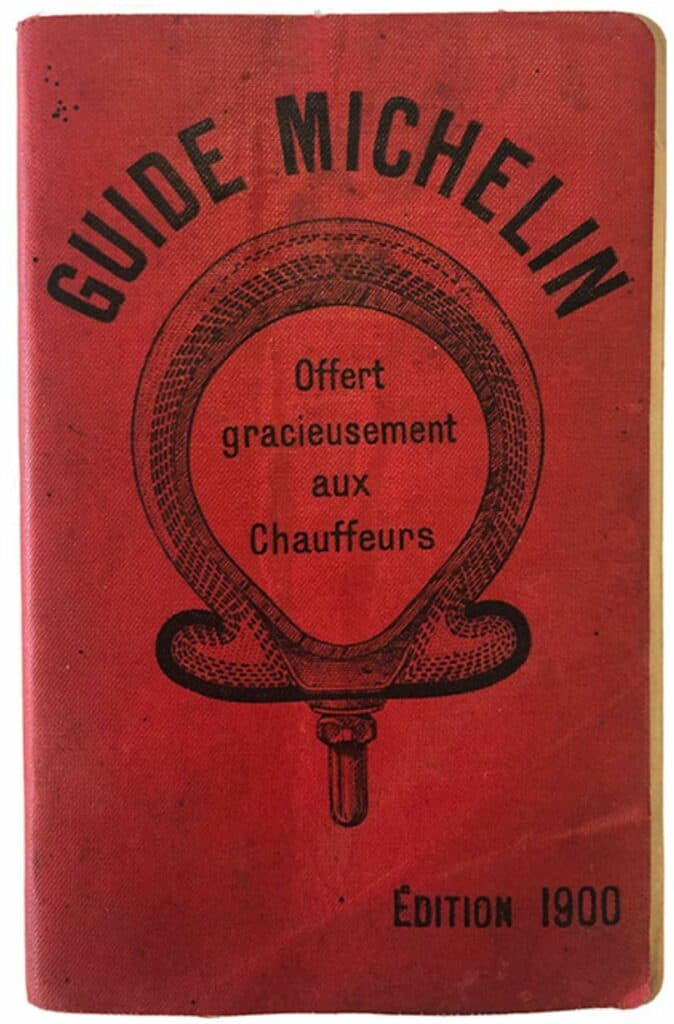
Fast forward to today, where the advent of short-form video marketing and generative AI has added new dimensions, allowing every tour, activity or attraction operator to engage travelers in innovative ways. These tools provide opportunities for engagement, personalization, and storytelling that were once unimaginable, and have become integral to captivating the modern traveler.
How to Create a Tour Marketing Strategy
Successful marketing for tourism starts with a well-defined marketing strategy, which will help ensure the effort and resources you put into marketing are effective. The following steps will help guide you through the creation of a marketing strategy for your tour, activity or attraction company.
1. Tour Marketing Strategy
Understanding the market is the foundation of any effective strategy. Thorough research into customer demographics, travel patterns, and consumer behaviors will provide invaluable insights as you create your marketing strategy.
Arival conducts regular tourism market research to assist tour, activity and attraction businesses with this process. For example, Arival’s latest consumer research on the 2024 U.S. Experiences Traveler found that day tours are on the rise among U.S. travelers, and that younger millennial and Gen Z travelers in particular are moving away from traditional sightseeing tours and looking for more experiential tours, such as culinary tours and immersive experiences. See Arival’s latest research here.
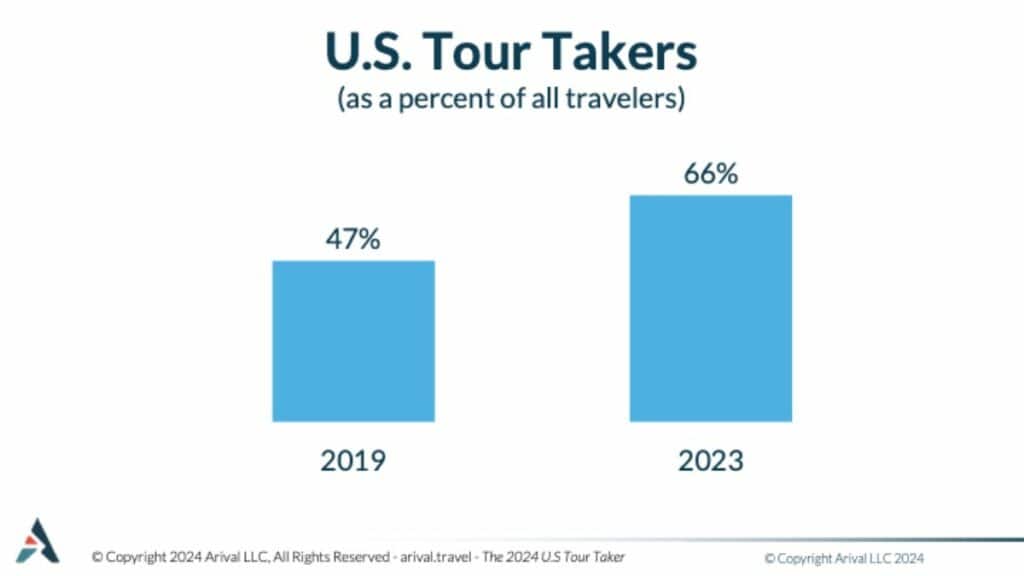
2. Identify Your Target Audience
Targeting your tourism marketing plan to a specific audience is crucial, as this will enable you to enhance the relevance of your offerings, improve engagement, and maximize the effectiveness of your marketing efforts.
Identifying your target audience involves a strategic process that combines market research as described above, data analysis, competitive analysis and customer profiling. Google and social media platforms, for example, offer analytics tools that provide insights into the age, interests, geographic location and income bracket of your followers, that can help you to develop detailed buyer personas that represent your ideal customers, and create a plan to reach and engage these audiences.
In addition, analyzing the target audience of your competitors will help you build on this and identify gaps or underserved segments in the market that your tourism marketing plan can effectively target.
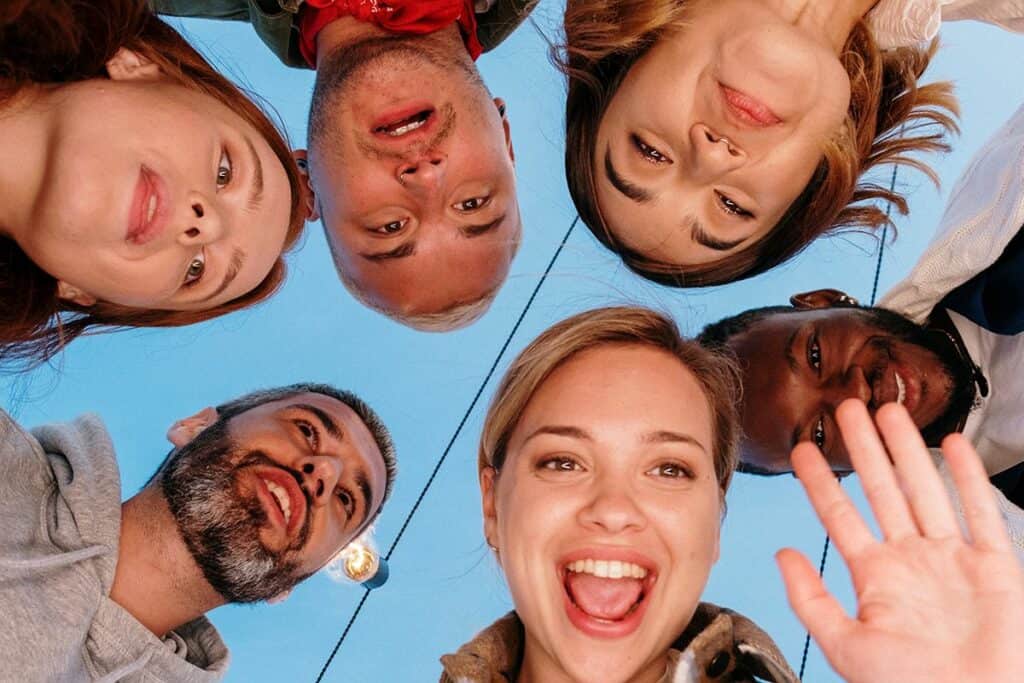
3. Understand Your Customer Needs and Expectations
Conducting tourism market research and identifying your target audience will help you with this step. Once you have an idea of who your target customers are, you can discover what their needs and expectations are, and how to develop a marketing strategy to reach them effectively.
For example, if you offer sightseeing tours and you have identified younger Millennial and Gen Z travelers from the U.S. as a demographic you want to market your tours to, you will need to go beyond sightseeing to attract this demographic, according to the latest Arival research.
How can you make your tours more immersive and experiential, and reflect this in your marketing to engage this demographic? Anticipating and meeting your customers’ needs and expectations can lead to higher customer satisfaction, fostering reviews and repeat business. Personalization is key.
30 September – 3 October 2025
Insider Pro Access Members Save 20%
THE event of the year for solutions-focused In-Destination Experience creators and sellers
Get Your Spring Savings Ticket Today!
4. Create Unique Selling Propositions (USPs)
One of the challenges a tourism marketing strategy needs to solve is how to make you stand out above your competitors. Why do tourists choose some travel experiences over others? One way to differentiate your offerings is by identifying and highlighting unique selling points (USPs) that resonate with your target audience.
Let’s say you have identified younger Millennial and Gen Z travelers as a group you’d like to target with your marketing efforts. In your city there are multiple competitors offering similar tour products to yours, however you’ve realized that this target audience has an affinity for food tours. You find a way to work elements of culinary tourism into your sightseeing tour offering and your marketing to set yourself above your competitors and offer something unique in your region.

5. Build a Strong Brand
A consistent, strong brand fosters trust and ensures your tour company is memorable in the minds of potential guests. You’ll be hard-pressed to find someone who doesn’t recognize the logo of an apple with a bite taken out of it, or doesn’t know where the phrase “just do it” comes from.
Brands are about more than creative logos and catchy slogans, however. Building a robust brand for your experience business involves defining a clear identity with a focused mission and incorporating those USPs described in the previous step. Then, reaching out to your target audience through engaging storytelling and content, bolstered by a strong online presence, will enable your customers to build an emotional connection with your brand. Ensuring you’re delivering high-quality customer experiences to your target audience is crucial to building trust in your brand, and encouraging positive reviews is essential to building your brand’s reputation and ensuring ongoing brand success.
Arival Insider Pro Access members can learn more about the importance of building your brand here.
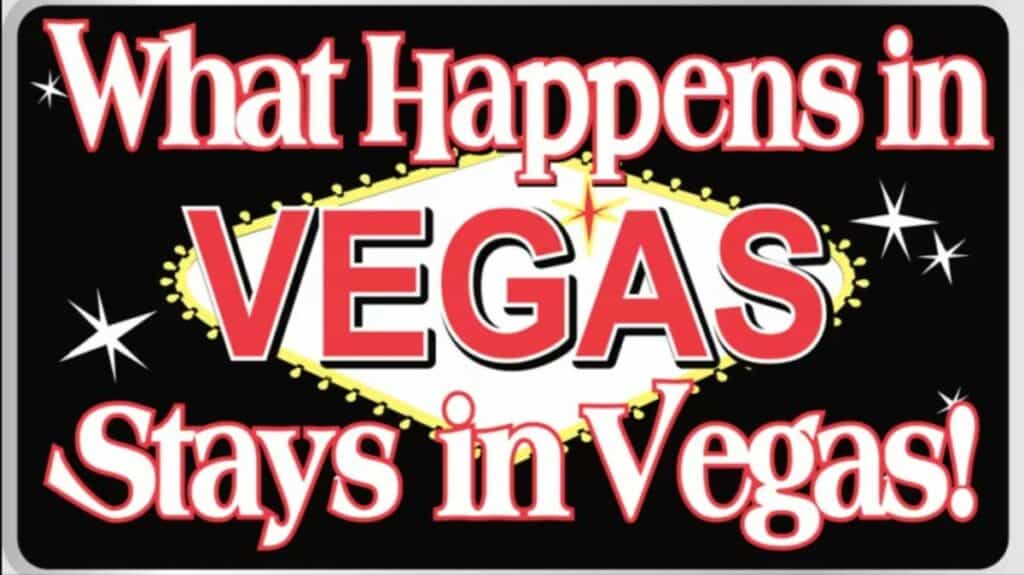
6. Consider Offline Marketing for Tours
Before we go too deep into digital marketing in tourism, it’s important to recognize that traditional methods like print advertising, brochures, and partnerships with local businesses still have relevance and can complement digital marketing strategies.
Many travelers are still waiting to book their things to do until they are in-destination, which means there is an opportunity to meet these travelers where they are. For example, working with destination marketing organizations (DMOs) and other regional tourist organizations that operate tourist information centers can enable you as a tour or experience operator to get printed promotional material about your experiences physically in the hands of tourists looking in person for things to do. Reach out to destination marketers in your region to take advantage of this offline marketing opportunity.

7. Embrace Digital Marketing Strategies
As travelers increasingly use digital channels to discover, plan and book their travel, operators can and should leverage a range of digital marketing strategies to effectively promote their tours and engage with potential customers.
From Google Things to do to search engine optimization (SEO), from social media strategy to working with influencers, from effective email marketing to impactful content marketing, a strong tourism marketing plan will incorporate a variety of digital marketing elements to bring a wider audience to the top of the funnel, and engage with them throughout the funnel at various stages of their discovery, planning and booking journey.
Arival has developed a number of guides and articles to help experience operators navigate the world of digital marketing for travel and tourism. Here are a few resources:
- Marketing with Google
- An Essential Guide to SEO for Tours & Activities
- Content Marketing
- Your Guide to Influencer Marketing in Travel and Tourism

8. Leverage Modern AI Technology
The popularity of AI in 2024 cannot be understated, however many companies in the travel industry have been using AI in various forms long before the release of ChatGPT in late 2022 brought Generative AI, or Gen AI to the forefront. Gen AI, though, has made it a lot more accessible for travel businesses and tourism marketers without a lot of technical expertise to integrate AI to personalize customer experiences, generate targeted content, and enhance decision-making in marketing strategies for tourism.
Many companies in the marketing for tourism space have developed tools and resources for tour, activity and attraction businesses, some of which are listed on Arival’s list of AI Resources for Experience Operators. Find out more about what’s the latest with AI in travel and how tour and attraction businesses are using it at the next Arival event.

9. Take Advantage of the Current Trends
Staying up-to-date with the latest digital trends in marketing for travel and tourism is essential to stay relevant and get ahead of your competitors.
For example, over the last couple of years, short-form videos on platforms like TikTok have risen dramatically as a channel for travelers — younger Millennial and Gen Z travelers in particular — to find inspiration for travel experiences. Incorporating vertical and short-form video in your tourism marketing will help you engage this audience, enabling you to meet travelers where they are online and present the experience offerings of your tour, activity or attraction company in a format your audience is familiar with.
@j_buzzi I don’t think I’ll ever get over how amazing bioluminescence is! 🤯🌌 #bioluminescence #getupandgokayaking ♬ Another Rain (From “Halo 3: ODST”) – DS Music
Justin Buzzi, founder of Get Up and Go Kayaking, jumped on the vertical video trend and attracted millions of views and over one million likes on TikTok with this short bioluminescence video.
10. Monitor and Evaluate Your Strategy
A strategy without evaluation is like a ship without a compass. Regularly assess the effectiveness of your marketing strategy using key performance indicators (KPIs). KPIs to monitor the effectiveness of your marketing strategy could include website traffic, conversion rates, social media engagement, booking levels, and customer reviews and ratings. Consistent monitoring and evaluation ensure that you not only navigate the course but also make agile adjustments, keeping your strategy aligned with the ever-shifting tides of the tourism market.
27-29 April 2026
Insider Pro Access Members Save 20%
THE event of the year for the European in-destination experiences industry
Get Your Super Early Bird Ticket Today!|
FAQs
1. What are the key components of a successful tour marketing campaign?
Success lies in a well-researched strategy with clear targeting built on tourism market research, compelling USPs that speak to the needs and expectations of your target audience, and a strong brand built on a balanced mix of offline and digital marketing, as well as a compelling tourism experience product itself. All of these components work together to make for a successful marketing strategy.
2. How often should I reevaluate and update my tourism marketing strategy?
In the world of tourism marketing, trends and traveler preferences change rapidly. Check in regularly with travel trends (and let Arival research guide you). While you might evaluate the effectiveness of your overall strategies quarterly to stay responsive to market changes and ensure your strategy remains effective, more frequent monitoring of individual social media channels, website KPIs and SEO will help you be that much more effective.
3. How can I optimize my website for tour marketing purposes?
Your website is your digital storefront. Prioritize content marketing, then optimize for search engines (learn more about SEO here), ensure seamless user-friendly navigation and online booking system capabilities for both computer and mobile booking, incorporate visually captivating elements like photos and videos, keep your pricing and product listings up to date, and update your content regularly.
4. Are there any specific strategies to attract international tourists?
To attract international tourists, consider ways to tailor your marketing messages for the specific regional audiences you’re interested in reaching. Look at tourism market research and trends for the different regions you intend to target — what works in the U.S. might not work in Asia and vice versa. Your local and regional destination marketing organizations (DMOs) may be able to help with this, as destination marketers often conduct research on the international travelers coming to your destination. Consider utilizing multilingual content to reach a broader range of potential travelers, and explore partnerships with international travel agencies. Check out Arival’s list of OTAs organized by geographic region to help you identify potential distribution partners in other languages and regions.
5. How important are customer reviews and testimonials in tour marketing?
Customer reviews and testimonials play a crucial role in tour marketing, acting as powerful social proof that influences potential customers. Positive reviews build credibility and trust, addressing concerns and reservations prospective customers may have. Encourage your satisfied customers to share their experiences on platforms like TripAdvisor or Google, or wherever they booked, and don’t forget to respond to these reviews, whether positive or negative.
6. What are some unique challenges in tourism marketing compared to other industries?
Tourism marketing faces unique challenges such as seasonality, unpredictable external factors (e.g., natural disasters), and the need for real-time adaptability to changing travel trends. High competition demands innovative strategies to stand out, and the reliance on positive word-of-mouth makes ensuring customer satisfaction even in the face of unpredictable challenges critical.
7. How can I use tourism marketing to cope with seasonal fluctuations in the industry?
To cope with seasonal fluctuations, craft seasonal promotions, diversify offerings to match changing preferences, and use marketing to highlight the unique experiences available during different seasons. Some strategies include implementing targeted off-season promotions, creating incentives for bookings during slower periods, and developing themed tours or events that align with seasonal interests and capitalize on festivals or holidays. Implementing dynamic pricing strategies, where prices vary based on demand, can also help maximize revenue during peak seasons and encourage more visitation during slower periods.
Navigating the Future of Tourism Marketing With Arival
Success in tourism marketing lies in learning about your audience, developing practical strategies to reach them, constant adaptation to keep up with changing market conditions and traveler trends, and utilizing tools and research like what Arival provides to stay ahead in a competitive landscape.
Keep in mind that you don’t have to do this alone. There are multiple marketing agencies out there that specialize in marketing for travel and tourism companies, with some even focusing specifically on tours, activities and attractions. Check out our curated list of the tourism marketing agencies for tours and attractions here.
Even better, join us at the next Arival event where we’ll dive into the latest tourism market research insights and trends in travel experiences, and share practical tourism marketing strategies and other actionable takeaways to help you reach your target markets, increase your bookings and grow your business.
Become an Insider Pro Access member today and get access to the full library of Arival research, plus many other benefits such as free consulting sessions, special discounts and 20% off in-person events, starting from $179 per year.
Sign up to receive insights tailored for the in-destination industry as well as updates on Arival.
Header photo: Unsplash / Merakist


